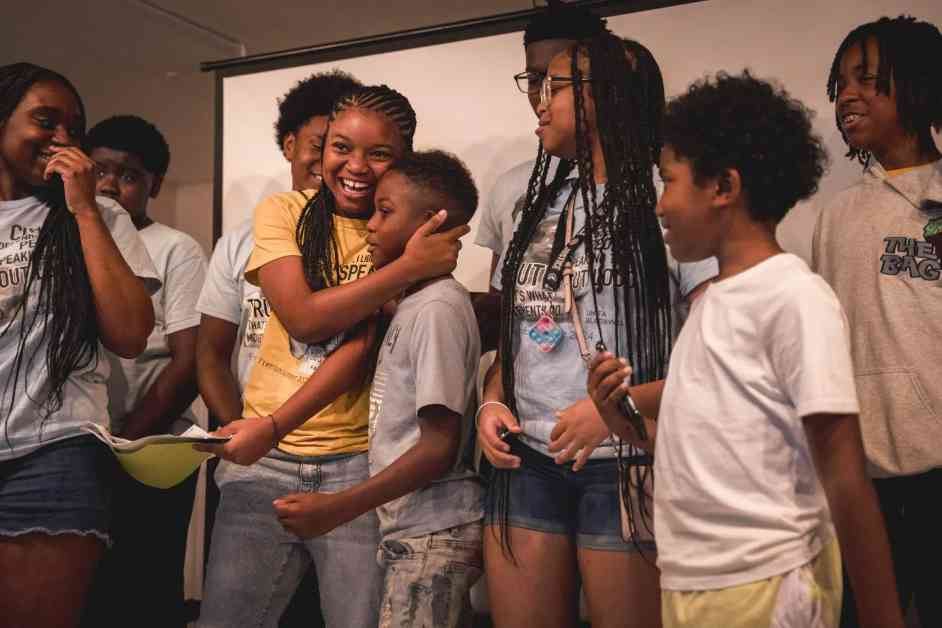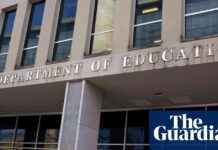Inside a small building covered in murals just outside Indianola, Mississippi, 14-year-old Tamorris Carter took visitors on a tour of the Sunflower County Freedom Project. This program offers after-school and summer educational experiences for students like Tamorris, who have been a part of the program for over two years. The Freedom Project Network, to which this location belongs, aims to provide holistic and liberatory education experiences for Mississippi students.
The Freedom Fellows, as the students are called, participate in various activities such as learning about Black and Indigenous history, math, reading, and public speaking. The program also helps prepare students for college, with participants ranging in age from third to 12th grade. Most of the Freedom Fellows in the Sunflower County location are from Indianola, a town where the majority of the population is Black and nearly a third live in poverty.
Unlike other educational programs that may focus solely on college preparation, the Freedom Project Network aims to empower students like Tamorris to use their education to make positive changes in their communities. LaToysha Brown, the executive director of the organization, emphasizes that the goal is not to separate kids from their communities but to equip them with the tools to create a better future for themselves and those around them.
The Freedom Project Network draws inspiration from the Student Nonviolent Coordinating Committee’s Freedom Schools of 1964, which were established to educate young Black Mississippians on Black history and political activism. This history of empowerment through education is a key component of the program’s mission.
Tamorris, who joined the Freedom Project in eighth grade, began to recognize the presence of racism in his education and community. He learned about the segregation that still exists in Indianola through private schools like Indianola Academy. This knowledge sparked a deeper understanding of the systemic issues that have shaped his life and community.
Through the Freedom Project’s liberatory pedagogy, students like Tamorris are encouraged to analyze and understand the injustices they face. The program aims to provide students with the language and tools to articulate their experiences and work towards positive change in their communities. Presentations, like the one Tamorris gave on social dominance orientation, are a way for students to practice educating others and applying their critical analysis to real-world issues.
Overall, the Freedom Project Network serves as a space where students can address the gaps in their education and explore ways to challenge oppressive systems. By empowering students like Tamorris to think critically and take action, the program is creating a generation of leaders who can advocate for justice and equality in their communities.







